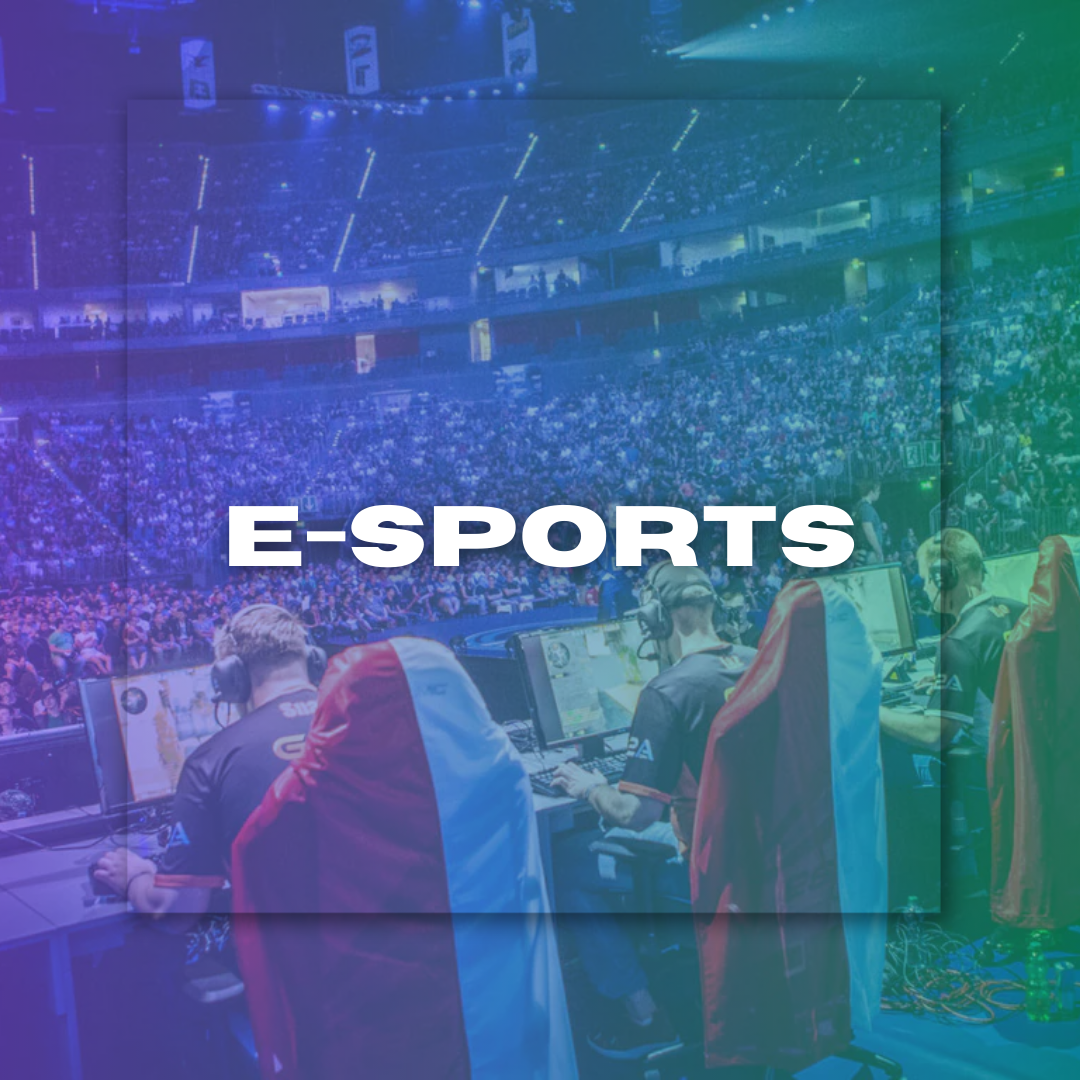
The Debate Over Athlete Endorsements: Are They Ethical?
The Debate Over Athlete Endorsements: Are They Ethical?
By Edcel Panganiban August 07, 2024 23:29
Today, athlete endorsements are an ever-present component of the sports marketing playbook. Athletes act as relatable and compelling conduits for brands to reach their target consumers. Whether it is ethical to give such nominations was a topic of conversation back and forth with people from all parties involved: the athlete, brands, consumers, or regulators standing. The standing ethical considerations stemming from athlete endorsements are examined in this article, including confounding motivations and interests, public perception and pressures, moral responsibilities, and overall broader governance implications.
The Landscape of Marketing in Athlete Sponsorships
Athletes' endorsements represent paid agreements between athletes and companies to endorse a product or service. This industry has since boomed, with endorsers like LeBron James, earning hundreds of millions in endorsement deals, as are Serena Williams and Cristiano Ronaldo for other sportswear retailers. As noted by Forbes, the endorsement earnings of top athletes can often outstrip their paychecks from professional sports teams, underlining how valuable these deals are.
The Growth of Endorsements
Social media has only increased the power of athlete endorsements to connect with a larger audience. Thanks to platforms like Instagram, Twitter, and others, athletes can also reach out directly to fans, which makes their endorsements much more personal and impactful.
Conflicts of Interest
Impact on Performance and Integrity
One of the main ethical issues relating to athlete endorsements is conflicts of interest. A good example is the athlete who feels compelled to advertise something at odds with their values and principles or doesn't believe in it, creating tension between personal ethics and financial gain. This poses an especially worrisome case in sports, where performance-enhancing drugs are a significant concern, as athletes may have the urge to promote products that hold out improved results without sufficient scientific evidence.
Impact on Young Athletes
In addition, youngsters usually model skilled athletes. Such endorsements from role models, particularly anything related to health and fitness, can set a dangerous precedent for vulnerable fans. Young athletes, for example, who see a star athlete promoting a supplement will buy it even if it can be destructive to their health.
How Brands Think of Athletes and Vice Versa
Shaping Brand Image
The use of athlete endorsements affects both the identity consumers create for athletes and the image created by the brand and their products. An endorsement carries a slew of values, and consumers generally associate an athlete's reputation if the athlete endorses something. While such an association can help establish a brand's image, it could also mean a loss of reputation if the athlete gets into controversy.
The Role of Celebrity Culture
Athletes' celebrity further complicates the ethical field. They are worshipped, and their endorsements largely affect consumer habits. This leads to the question of how, when, and if athletes should leverage their influence for the public good in the future.
Moral Obligations and Responsibilities
Athletes' Responsibilities
As they see above all values associated with sport and humanity, athletes must always stay true to their fans. This responsibility involves prioritizing the promotion of products that are safe and good for those who use them. For example, if an athlete endorses a product associated with health risks or unethical practices, it could damage the credibility of the athlete's character.
Ethics Brands Consider
Brands are also responsible for the endorsement process. As a result, they must carry out detailed due diligence so that when promoting products, it can be assured that those product categories and the products within them meet their safety expectations, meaning all parties involved are commercializing ethically sound goods. However, it is equally important to realize that brands have a duty and responsibility for their endorsements, especially when the target demographic comprises vulnerable populations such as young children or adolescents.
Consumer Awareness
The second part of the ethical framework in athlete endorsements is where consumers come into play. Educate kids on how to do their own research and teach them that sponsored messages don't mean they have a responsibility.
Regulations and Oversight
Current Regulatory Frameworks
Athlete endorsement is a very area-specific issue as it could be regulated in diverse ways from one sport or geographical location to another. The FTC in the United States provides guidelines for endorsements that advise that an endorsement must be truthful and not misleading. However, enforcement is uneven, and many athletes may not appreciate exactly what they are required to do under these regulations.
Regulations Need to be Toughened Up
The argument in favor of more stringent rules for athlete endorsements, especially when it comes to health products, is starting to gain momentum. Regulators and advocates say rules should require that endorsers rely on scientific substantiation and hold athletes responsible for endorsing a potentially dangerous product.
Incentives and Economic Pressures
Financial Motivations
Athlete endorsements are big business, and the financial incentives behind them are enormous. For most athletes, their endorsement deals are a major portion of their income compared to their actual salary. The financial stress can also make athletes put monetary gain above value systems when it comes to partnering with certain brands, ultimately causing them to lose their integrity.
Market Dynamics
The competitive world of sports marketing also plays a major role in the ethical issues surrounding endorsements. Brands may pressure athletes to promote products that are contraindicated by their values or unsupported by science. This poses questions about the longevity and lasting effects this will all have on athletes' reputations.
Whether athletes should be able to endorse a product is intricate and broad. Initially, endorsements received considerable financial benefits for both athletes and brands alike. However, with this comes the key ethical issues concerning a conflict of interest between one or two parties that bleeds into public perception and the responsibilities of all affiliated bodies.
The landscape of sports marketing is changing, and it's crucial that athletes, brands, and consumers open a dialogue on the ethics involved in endorsements. The sports industry can successfully navigate the murky waters of athlete endorsements by creating a culture where accountability and transparency prevail over all else, ensuring equitable tools for everyone involved in making ethical choices.
LATEST
- NEWS
- |
- ARTICLES
- |
- VIDEOS






















































































